Sankara, the eighth-century Indian philosopher, is generally regarded as the greatest thinker in the long history of Indian philosophy as well as in the metaphysical tradition known as Vedanta. Advaita Vedanta, the school or system founded by him, stresses the Advaita or non-dualist approach to the problem of existence and ultimate reality, and has been the main current of thought in India for hundreds of years. Most of Sankara’s works are commentaries on other classics of Indian thought, like Upanisads, the Bhagavadgita, and the Brahmasutra. The Upadesasahasri, or "A Thousand Teachings," here critically edited and translated into English, is, however, the only independent and non-commentary work that can safely be attributed to him; the other independent writings traditionally ascribed to him are all probably spurious. Here Sengaku Mayeda, the author, has provided scholars and general readers with a critical edition based on the study of 27 metrical and 11 prose manuscripts and with an exact and readable English translation based on his definitive edition of the work along with his extensive introduction to the work. With his clear and reliable translation and elaborate introduction to Sankara’s life and thought, he has made this classic of Indian philosophy accessible to a wider readership.
Sankara’s Upadesasahasri (In 2 Volumes)
In stock
Free & Quick Delivery Worldwide
reviews
Bibliographic information
Title
Sankara’s Upadesasahasri (In 2 Volumes)
Author
Edition
1st ed.
Publisher
ISBN
9788120827707
Length
xlii+635p., Index.
Subjects

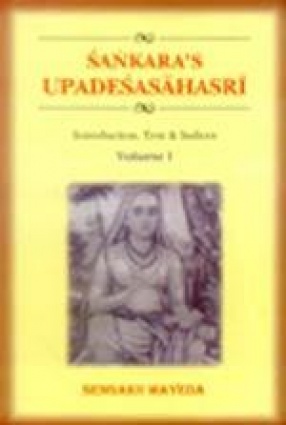
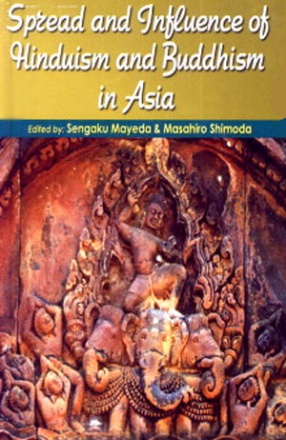
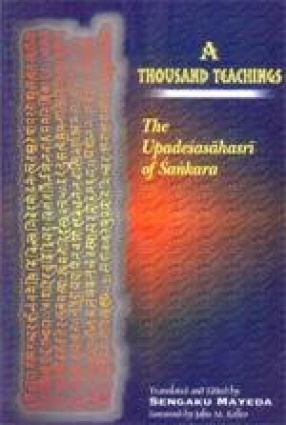

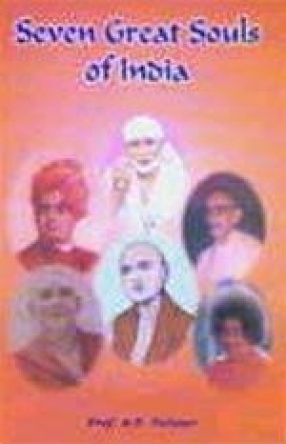
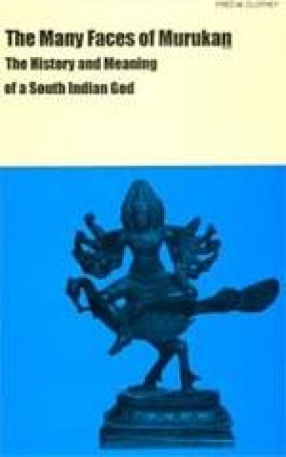
There are no reviews yet.